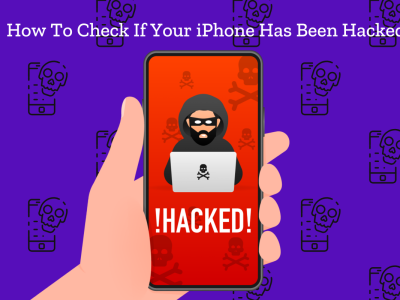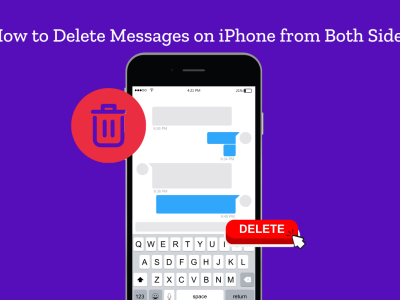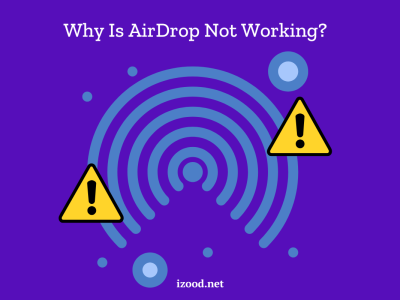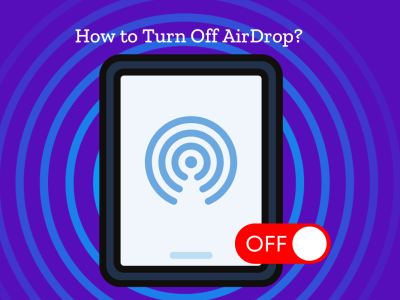An internet protocol (IP) address is a unique numerical label assigned to each device connected to a computer network that uses the Internet Protocol for communication. Your IP address can reveal your location, device, and internet service provider (ISP). Sometimes, websites or online services may block access to their content based on your IP address. This could be for a variety of reasons, such as geographical restrictions, network security, or content licensing agreements.
One way to bypass these blocks and maintain your online privacy is to use a private proxy. A private proxy is a server that acts as an intermediary between your device and the internet. When you connect to the internet through a private proxy, your IP address is replaced with the proxy’s IP address. This can help you access content that is blocked based on your location or IP address and can also provide an additional layer of security by hiding your real IP address.
Ways to change your IP address and use a private proxy
- Use a virtual private network (VPN): A VPN is a service that encrypts your internet connection and routes it through a server in a location of your choosing. This allows you to access content that may be restricted based on your location and also hides your real IP address.
- Use a web proxy: A web proxy is a website that allows you to access other websites through it. When you use a web proxy, your internet connection is routed through the proxy’s server, and the proxy’s IP address is used to access the website you are trying to visit. This can help you bypass blocks and maintain your privacy, but it may not provide as much security as a VPN.
- Use a proxy server: A proxy server is a computer that acts as an intermediary between your device and the internet. When you connect to the internet through a proxy server, your IP address is replaced with the proxy’s IP address. You can configure your device to use a proxy server by entering the proxy’s IP address and port number in your device’s internet settings.
- Use a private proxy: A private proxy is a server that is rented or purchased from a proxy service provider. Private proxies offer more features and options than public proxies, such as the ability to choose the location and type of IP address, and often have faster connection speeds. They can be more expensive than other types of proxies, but they offer a higher level of privacy and security.
- Use a Proxy Server PS4 on your PlayStation 4, you will need to configure your device’s internet settings to use the proxy server. Here’s how to do it:
- Go to the settings menu on your PS4 and select “Network.”
- Select “Set Up Internet Connection.”
- Choose “Wi-Fi” or “LAN Cable” depending on how you are connected to the internet.
- Select “Custom.”
- Select “Automatic” for the IP Address Settings and “Do Not Specify” for the DHCP Host Name.
- Select “Manual” for the DNS Settings.
- Enter the proxy server’s IP address and port number in the “Primary DNS” and “Secondary DNS” fields.
- Select “Next” and then “Test Internet Connection” to check your connection.
When using a private proxy, it is important to choose a reputable and reliable proxy service provider. Look for a provider that offers a range of IP addresses, fast connection speeds, and strong security measures. It is also a good idea to read reviews and compare prices to find the best proxy service for your needs.
- Another option is to use a Mobile Proxy Services that is specifically designed for use on mobile devices. Mobile proxy services often offer a number of features, such as the ability to choose your location and type of IP address, and may also offer additional security measures, such as encryption.
How are free proxies different from private proxies?
Free proxies and private proxies are both types of servers that act as intermediaries between your device and the internet. However, there are several key differences between the two:
Cost: Free proxies are, as the name suggests, free to use. Private proxies, on the other hand, typically require a fee to be paid to a proxy service provider.
Reliability: Free proxies may not always be reliable, as they are often run by individuals or organizations with limited resources. Private proxies, on the other hand, are typically run by professional proxy service providers and are more reliable.
Speed: Free proxies may be slower than private proxies because they are often overloaded with users and may not have the same level of resources and infrastructure. Private proxies, on the other hand, can offer faster connection speeds because they are typically run by professional proxy service providers with more resources.
Security: Free proxies may not offer the same level of security as private proxies because they are often run by individuals or organizations with limited resources and may not have the same level of security measures in place. Private proxies, on the other hand, typically offer stronger security measures, such as encryption, to protect your online activity and privacy.
Features: Free proxies may not offer the same range of features as private proxies. Private proxies often offer a range of options, such as the ability to choose the location and type of IP address, and may have additional features such as dedicated IP addresses or the ability to use multiple connections at once.
Conclusion
In conclusion, using a private proxy can help you bypass blocks and maintain your online privacy. There are several options available, including VPNs, web proxies, proxy servers, and private proxies. It is important to choose a reputable and reliable proxy service provider and to carefully consider your needs and budget when selecting a proxy solution.

![How to Pause Location on Find My iPhone Without Them Knowing? [2024] 17 how to pause location on find my iphone](https://izood.net/wp-content/uploads/2024/10/How-to-Pause-Location-on-Find-My-iPhone-Without-Them-Knowing-400x300.png)


![How To Inspect Element on iPhone [4 Methods] 20 how to inspect element on iphone](https://izood.net/wp-content/uploads/2024/10/how-to-inspect-element-on-iphone-3-400x300.png)


